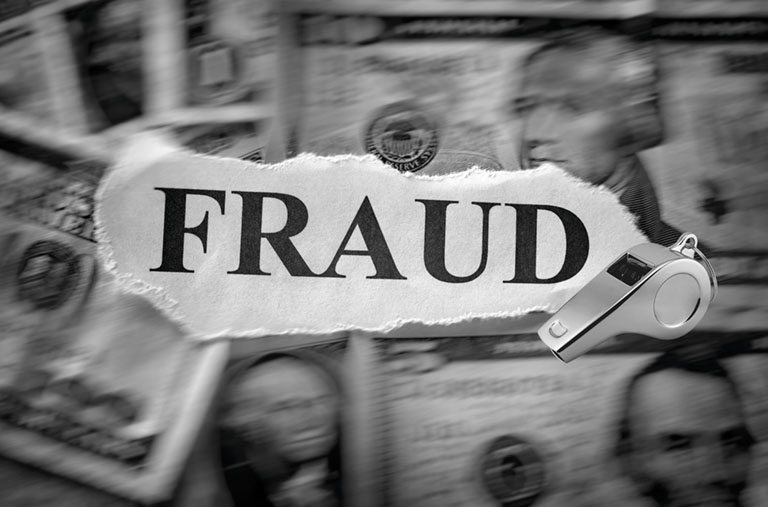- Free Confidential Consultation: (404) 816-5000 Tap Here To Call Us
Whistleblower / Qui Tam cases in Health Care

Health Care Qui Tam cases What does Qui Tam mean?
Qui tam is short for the Latin phrase “qui tam pro domino rege quam pro se ipso in hac parte sequitur,” which roughly translates to “he who brings an action for the king as well as for himself.” How does the Qui Tam definition relate to litigation today?
Today the federal False Claims Act (“FCA”) is the federal statute originally enacted in 1863. Many cases are filed under 31 §§ 3729 – 3733 by the government. But the FCA also allows private citizens to file suits on behalf of the government. These are called Qui Tam law suits. The private party is called a “relator” and they are the ones who bring an action on the government’s behalf. The government, not the relator, however, is considered the real plaintiff. Note if successful, a relator in a FCA Qui Tam action can receive up to 30% of the government’s award. The False Claims Act authorizes Qui Tam actions against parties who have defrauded the federal government. Qui Tam law suits are also called “whistleblower” law suits. How does it apply in the Health Care Field?
All Qui Tam actions involve actions against parties who have defrauded the federal government. Therefore, any current or former employee, consultant, independent contractor etc working in the medical field who has knowledge of schemes to defraud Medicare or Medicaid may be able to file a Qui Tam lawsuit. What types of schemes to defraud the federal government in the Health Care field are common?
Although not an exhaustive list, below are some common schemes to defraud:
-upcoding
-billing for dead patients
-billing for ineligible patients
-billing for services not provided
-unbundling
-kickbacks
-providing services that were not reasonable or medically necessary and/or failed to provide adequate and appropriate services to its patients.
Please see https://www.justice.gov/opa/pr/justice-department-recovers-over-22-billion-false-claims-act-cases-fiscal-year-2020 for details on FCA claims for the year 2020.
Should you have additional questions or concerns about a potential whistleblower case for SEC, Health Care, Procurement, Education/Grant or Tax Fraud, please feel free to reach out to Conaway & Strickler, PC for more information. 404-816-5000 or info@cs-lawyers.com








